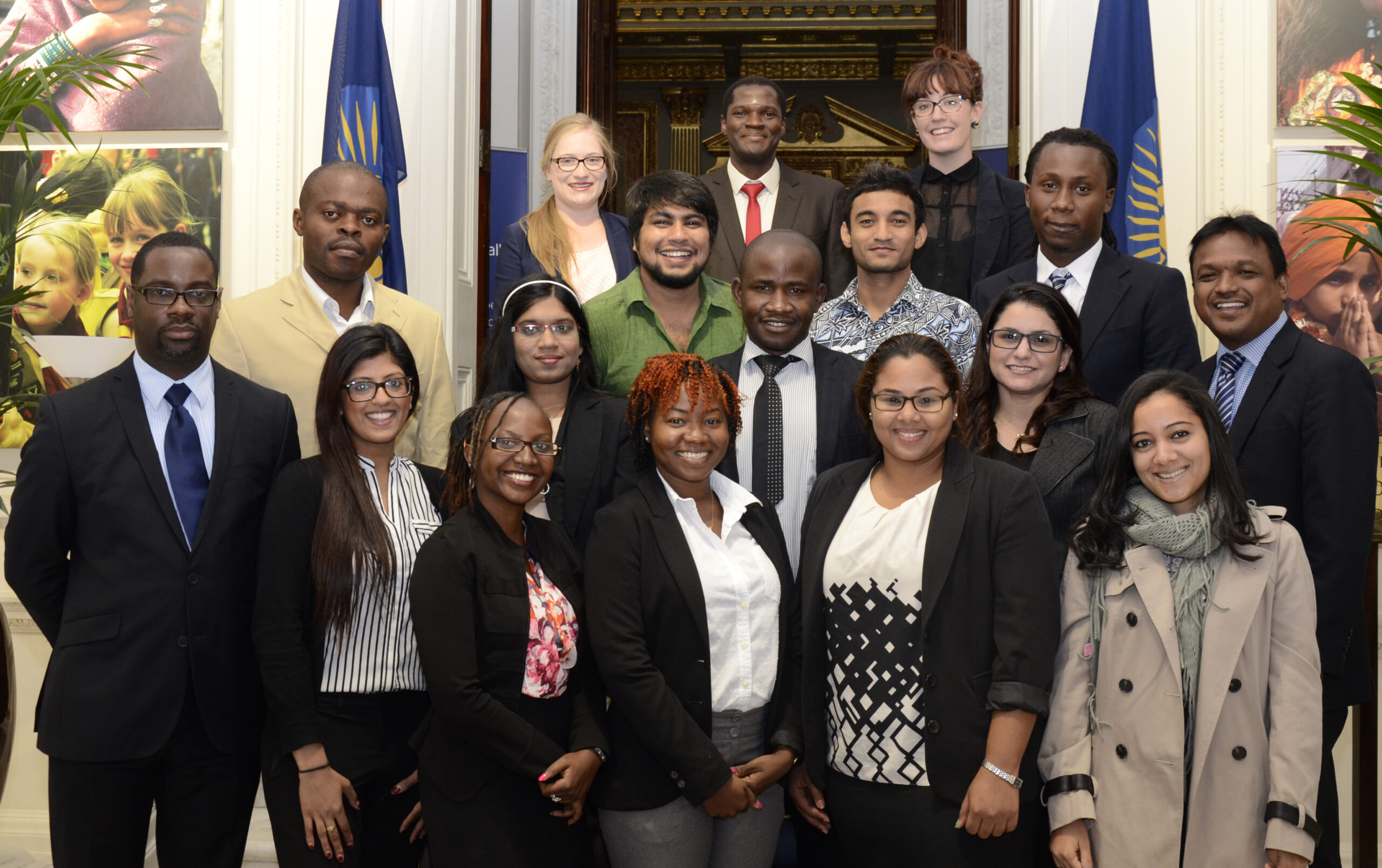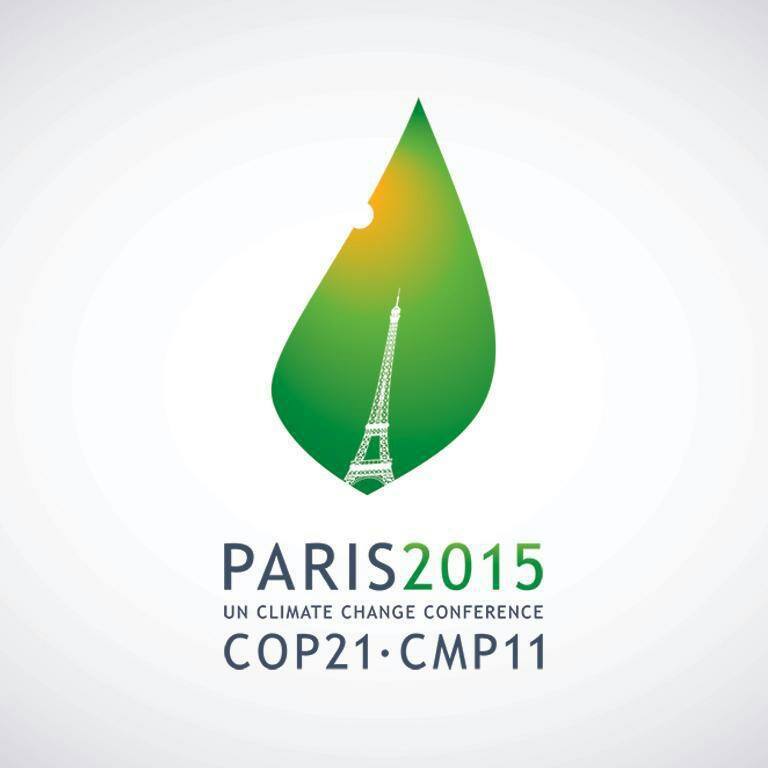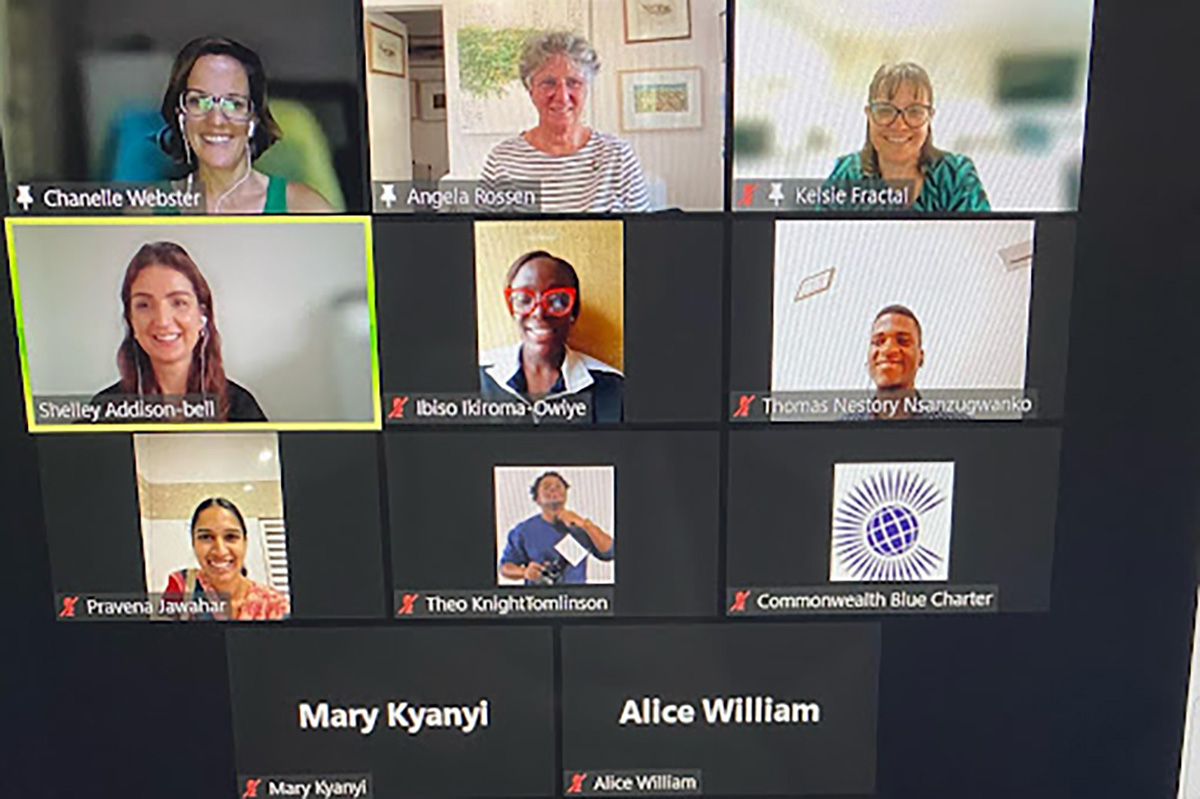Commonwealth youth voices propose climate change solutions leading up to COP21
August 4In June of this year, 14 young climate change experts and practitioners representing 11 Commonwealth nations gathered in London for the Commonwealth Youth Expert Group Meeting on Climate Change. The meeting aimed to formulate key recommendations and voluntary commitments for a post-2015 climate change agenda through a youth lens in the lead up to the 21st Conference of the Parties to the United Nations Framework Convention on Climate Change (COP21) which will be held in Paris in November this year.
Convened by the Commonwealth Youth Climate Change Network (CYCN) with support from the Youth Division of the Commonwealth Secretariat and the Commonwealth Youth Council (CYC), the gathering proved that young people can unite and work together across nations, cultures and differences to support decision-makers in reaching an ambitious climate agreement with legal substance that will benefit the world today and future generations tomorrow.
Participants advocated for the role young people can play in achieving a safer climate for all. For young people around the world, climate change means a lifetime of vulnerability to unpredictable and increasing climate risks. This means that young people face the most consequences, despite bearing the least responsibility for the conditions accelerating climate change which threaten their lives, communities, and common future.
“I enjoyed the meeting, at which participants exhibited serious commitment to seeking solutions to climate problems on the basis of evidence-based solutions and in the context of a holistic, integrated approach to policy. Participants were clearly well-informed and appreciated the wider geopolitical context of their discussions. If this is the future of the Commonwealth, there is still room for optimism!” proudly said Nicholas Watts, a senior expert from the Commonwealth Human Ecology Council who shared his knowledge with the young experts at the meeting.
The policy recommendations agreed at the EGM were made in conjunction with voluntary commitments from the young participants who agreed to work with Heads of Commonwealth governments, world leaders, their peers and other stakeholders to contribute to a sustainable post-2015 global agreement on climate change that would limit global warming to 1.5 degree Celsius, achieve 100% renewable energy targets, and protect both the environment and all communities from climatic impacts. In their recommendations, the young experts asked Heads of Commonwealth nations and other world leaders to hear their voice, and act upon these proposed solutions to ensure an effective global response to climate change.
The outcome document released today is fully consistent with this year’s Commonwealth theme “A Young Commonwealth”. In particular, recognition of the need for research to provide the evidence base for policy, and suggestions as to how the resulting data might be organised and made accessible is commendable. The proposed Youth Vulnerability Index would be a valuable addition to current indices and would be relevant for the Commonwealth, given its demographic structure. In addition, the meeting allowed participants to address the special vulnerabilities of SIDS through engagement with ‘Blue’ and ‘Green’ Economy issues in the relevant international institutions and the SDGs. They also acknowledged the value of active Commonwealth engagement in helping to strengthen capacity for preparing successful project funding bids and in ensuring that the knowledge generated by consultancy exercises is retained at the national level.
“The EGM was very inspiring as it involved the participation of very engaged and experienced young leaders from a variety of Commonwealth Member States who tackle, within their respective countries and communities, different aspects of climate change related challenges. The work of the EGM included some very interesting ideas, such as building up recommendations starting from personal stories/experiences” shared Kristina Balalovska, who represented the UNESCO Youth Programme at the meeting.
The meeting’s recommendations will be distributed and promoted through various methods and networks leading to the COP21, including the 9th UNESCO Youth Forum (which will take place under the theme “Young Global citizens for a Sustainable Planet”), the 10th Commonwealth Youth Forum (CYF10), the 2015 Commonwealth Heads of Government Meeting (CHOGM), and others. It is important to add that the EGM and its recommendations are fully supported by the Youth Division of the Commonwealth Secretariat, as well as in broader global climate change debates and, more concretely, the outcomes of the COP21.
The young experts stressed the importance of taking immediate action to combat climate change and its impacts with the contribution of young people as equal partners. They hoped that this goal would be welcomed and committed to by world leaders at the COP21 in Paris.
Read their recommendations and executive summary here –
Commonwealth Youth EGM Executive Summary
Commonwealth Youth EGM Recommendations
Written by Jean Paul Affana, outgoing CYCN Coordinator





